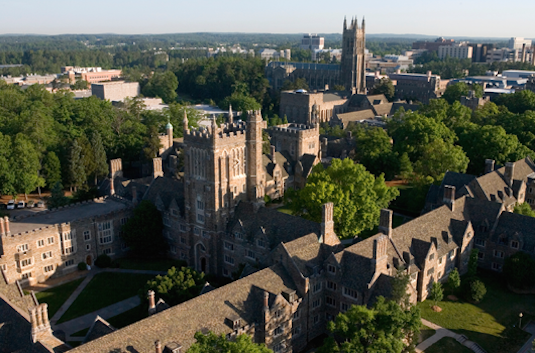BERD seminar: Analysis of Two-stage Seamless Adaptive Clinical Trials

In the past decade, adaptive design methods in clinical research have attracted much attention because it offers the principal investigators potential flexibility for identifying clinical benefit of a test treatment under investigation, but efficiency for speeding up the development process. One of the most commonly considered adaptive designs is probably a two-stage seamless (e.g., phase I/II or phase II/III) adaptive design. The two-stage seamless adaptive designs can be classified into four categories depending upon study objectives and study endpoints at different stages. These categories include (i) design with same study objectives and study endpoints at different stages, (ii) designs with same study objectives but different study endpoints at different stages, (iii) designs with different study objectives but same study endpoints at different stages, and (iv) designs with different study objectives and different study endpoints at different stages. In this article, an overview of statistical methods for analysis of these different types of two-stage designs is provided. In addition, a case study concerning the evaluation of a test treatment for treating hepatitis C infected patients utilizing type (iv) trial design is presented.
This event is hosted by Duke and being cross-promoted by the NC BERD Consortium, a collaboration of the CTSA-funded BERD cores at UNC-Chapel Hill, Wake Forest University School of Medicine, and Duke University School of Medicine.






